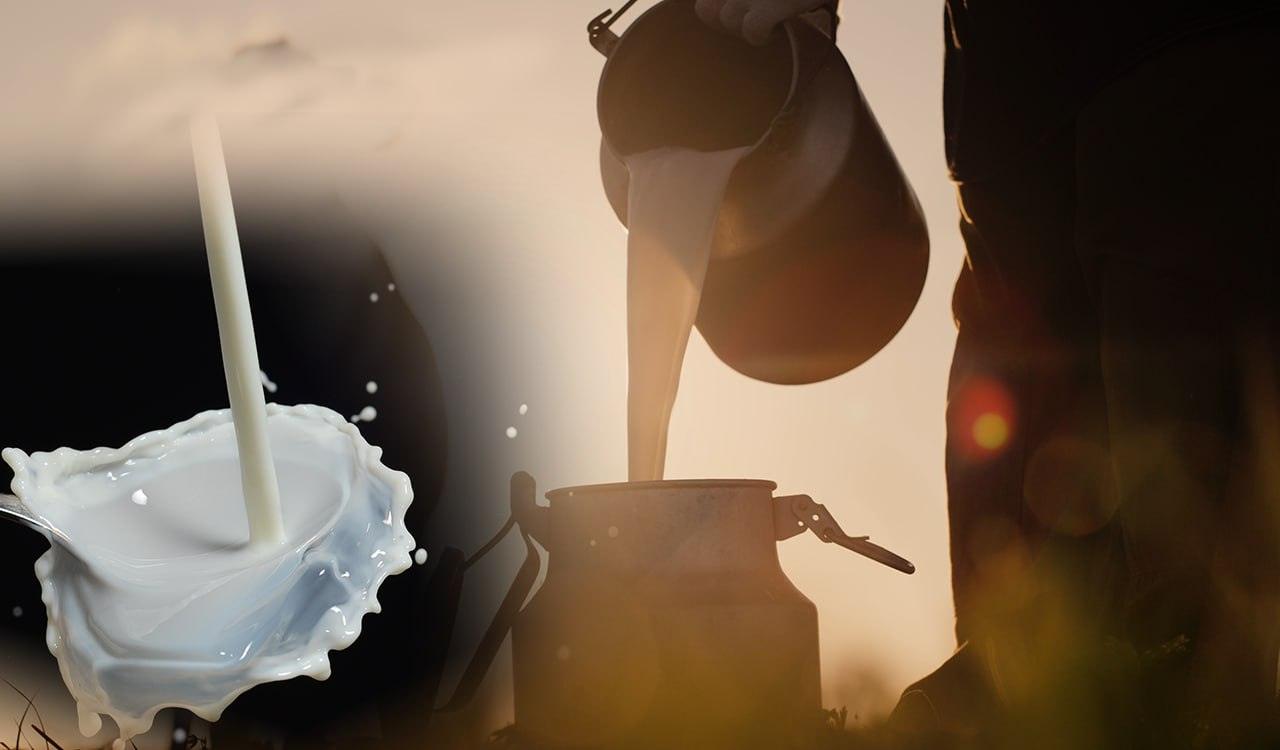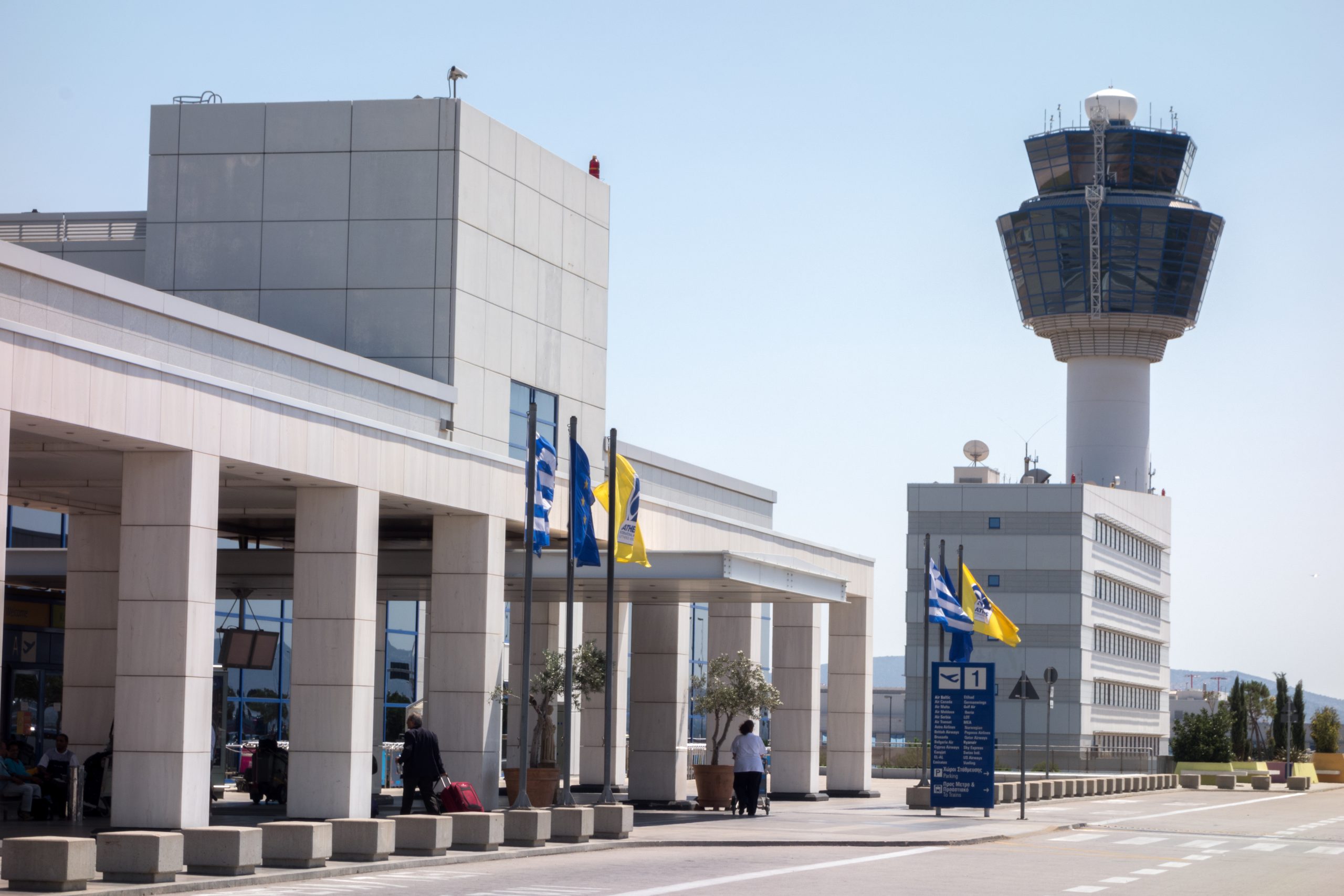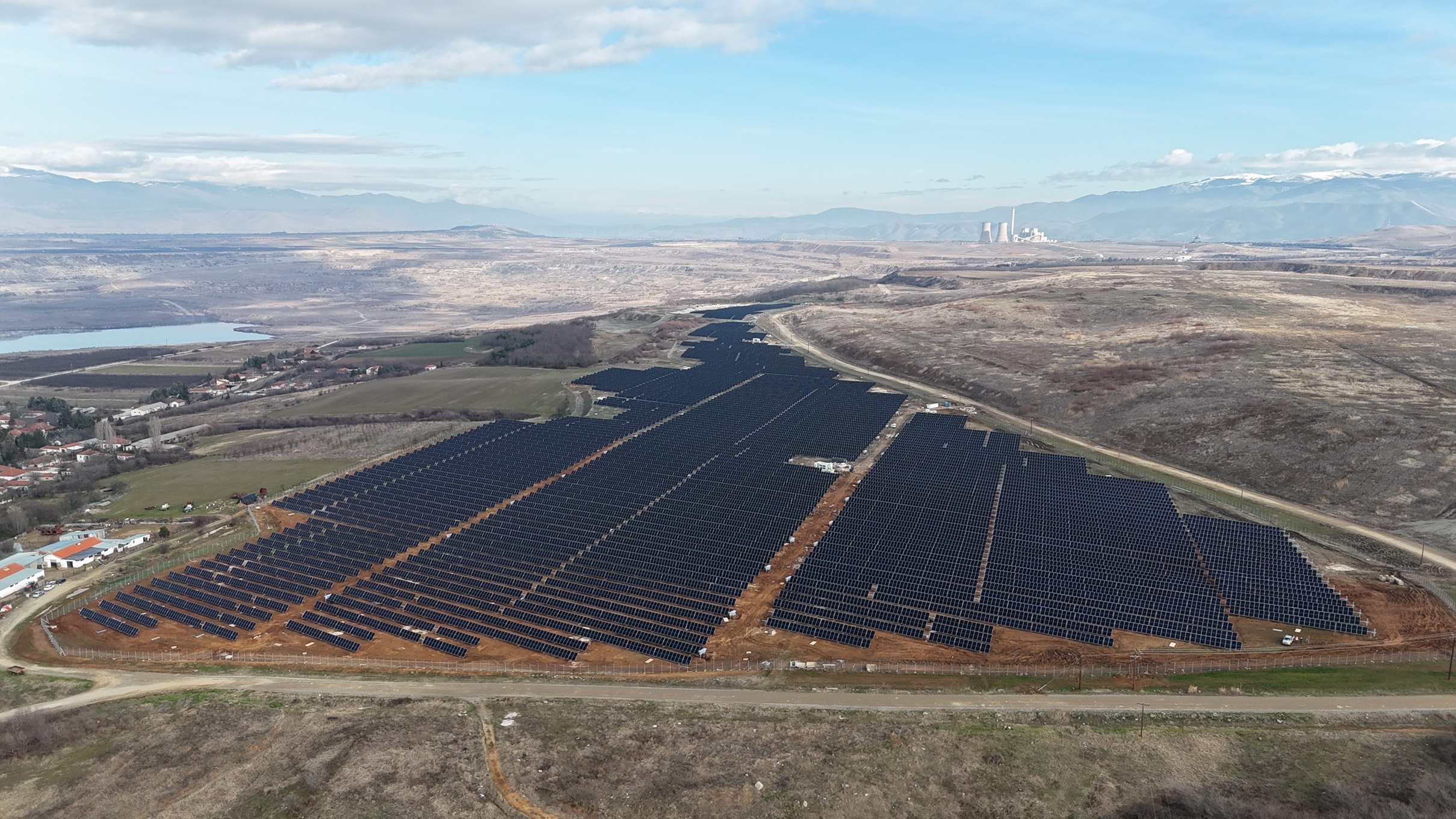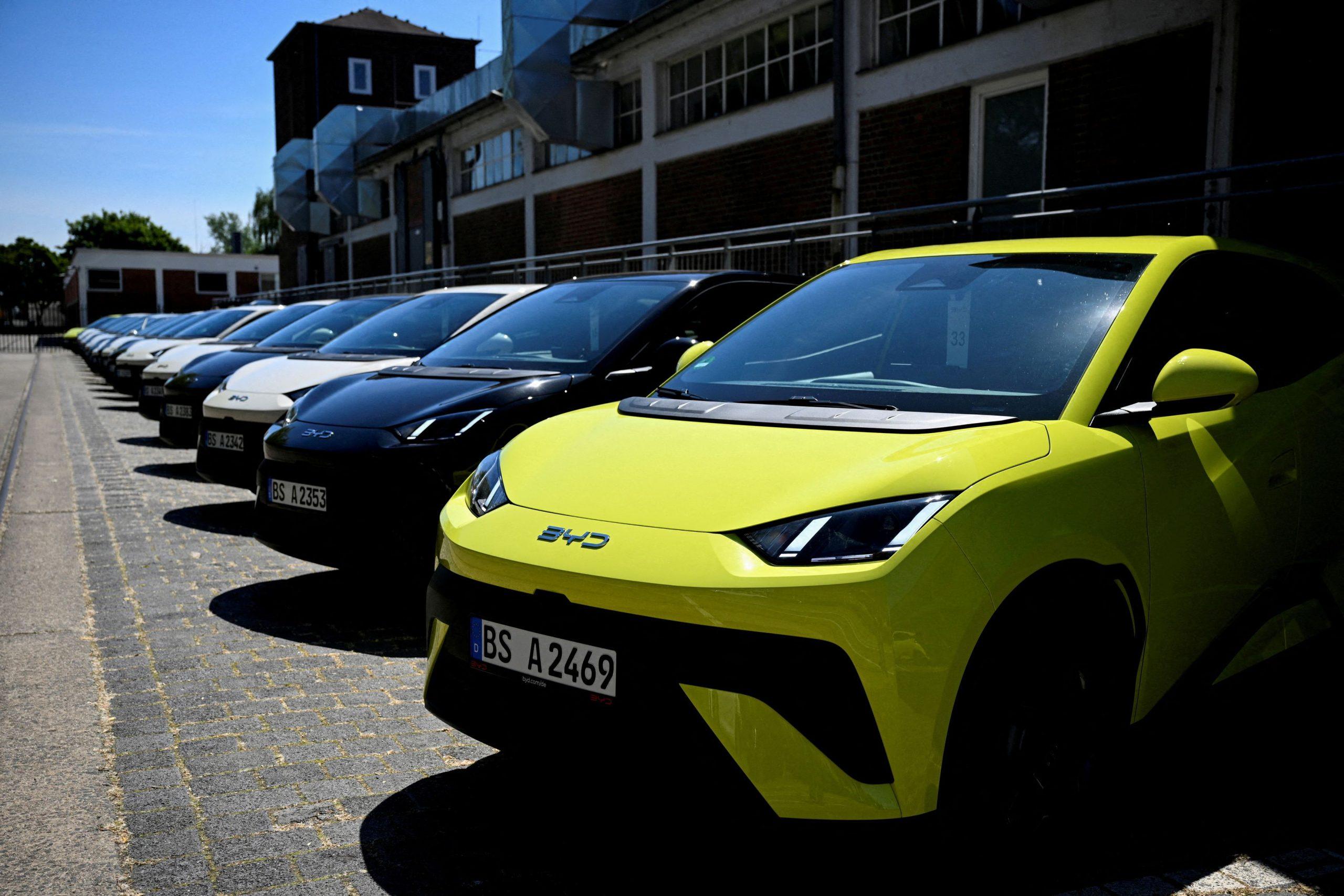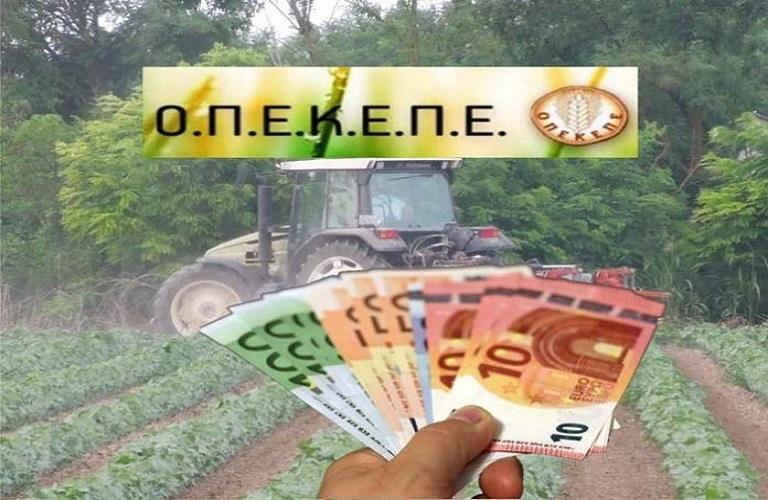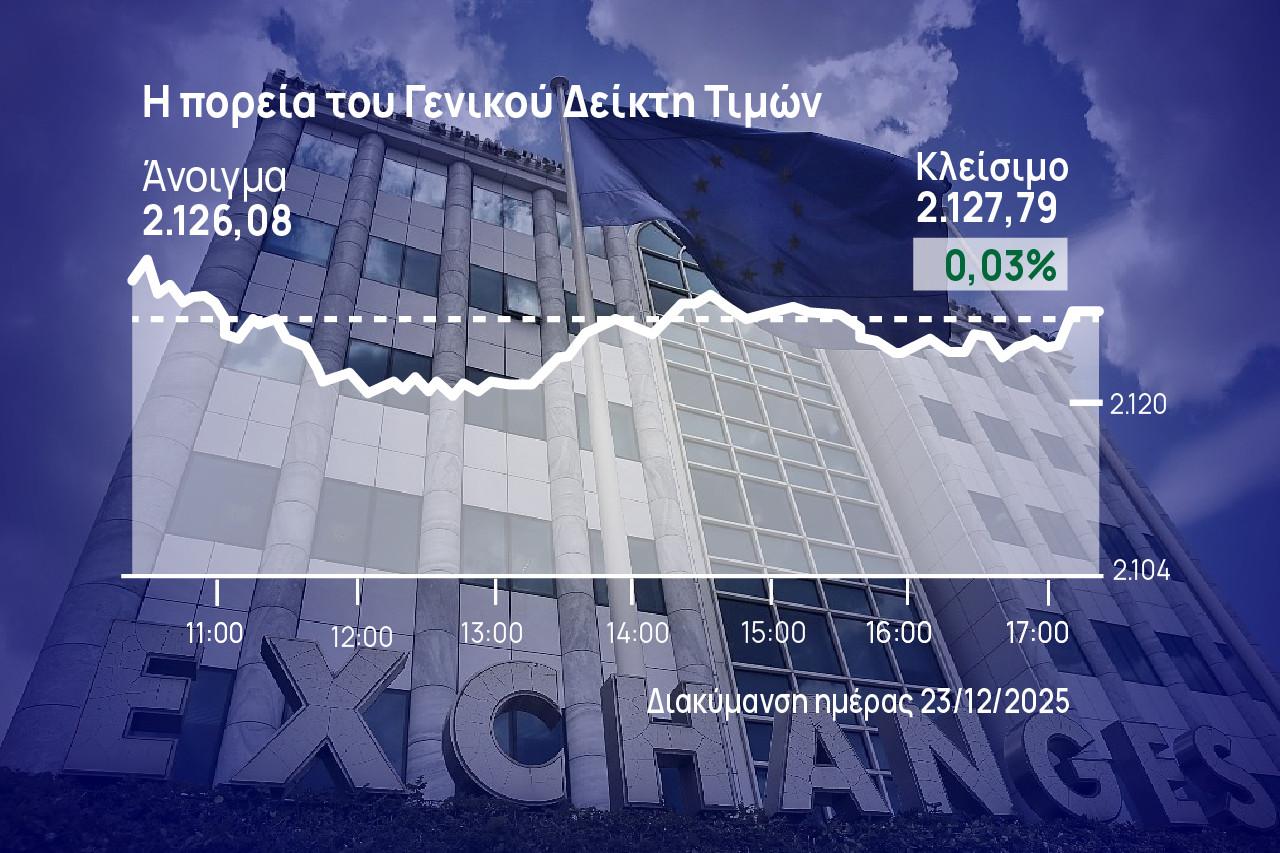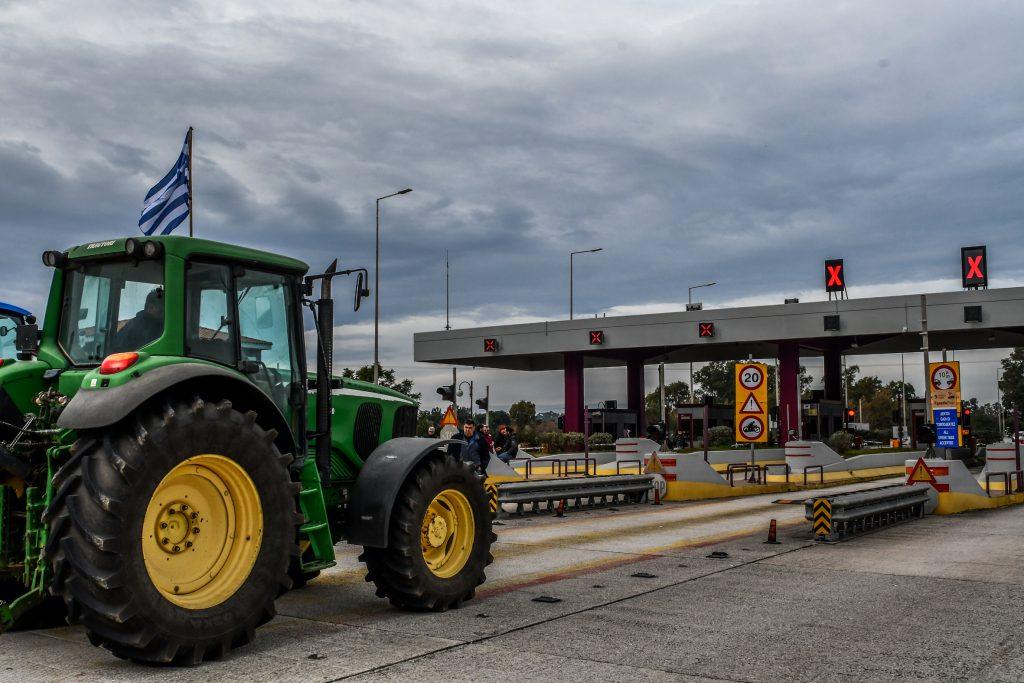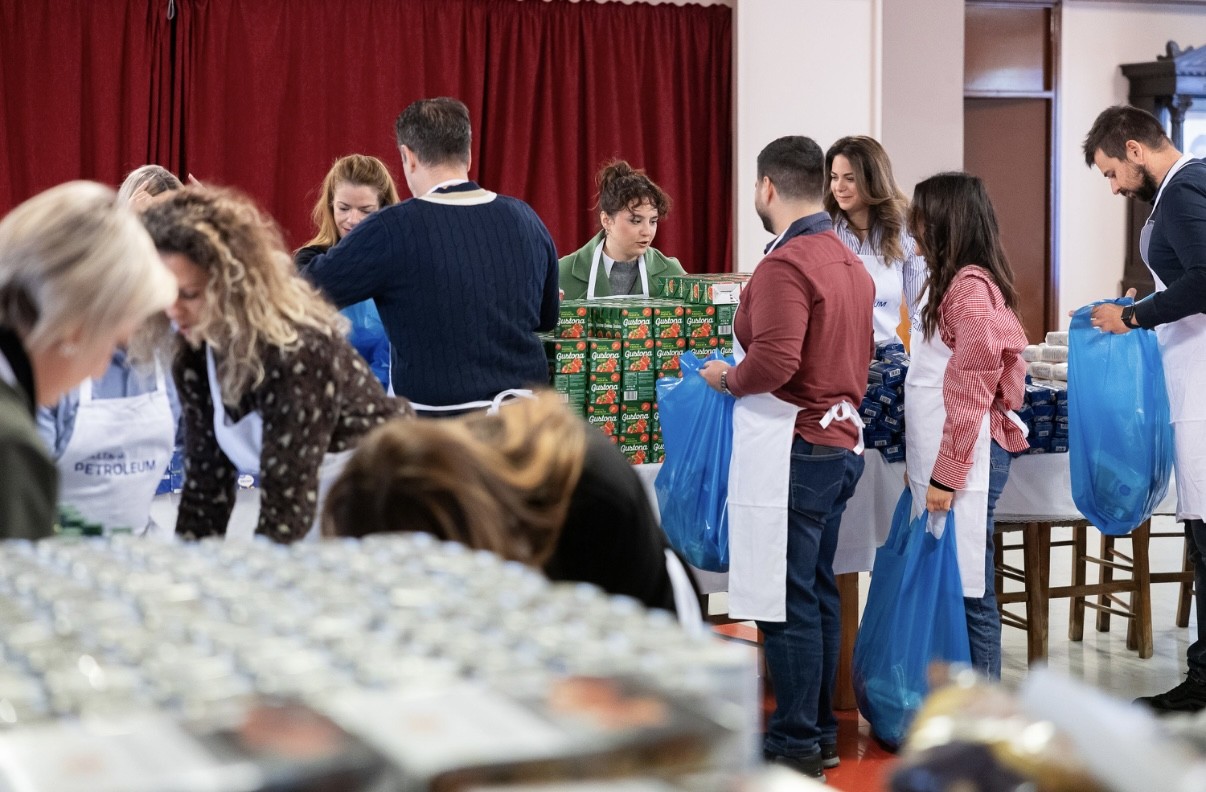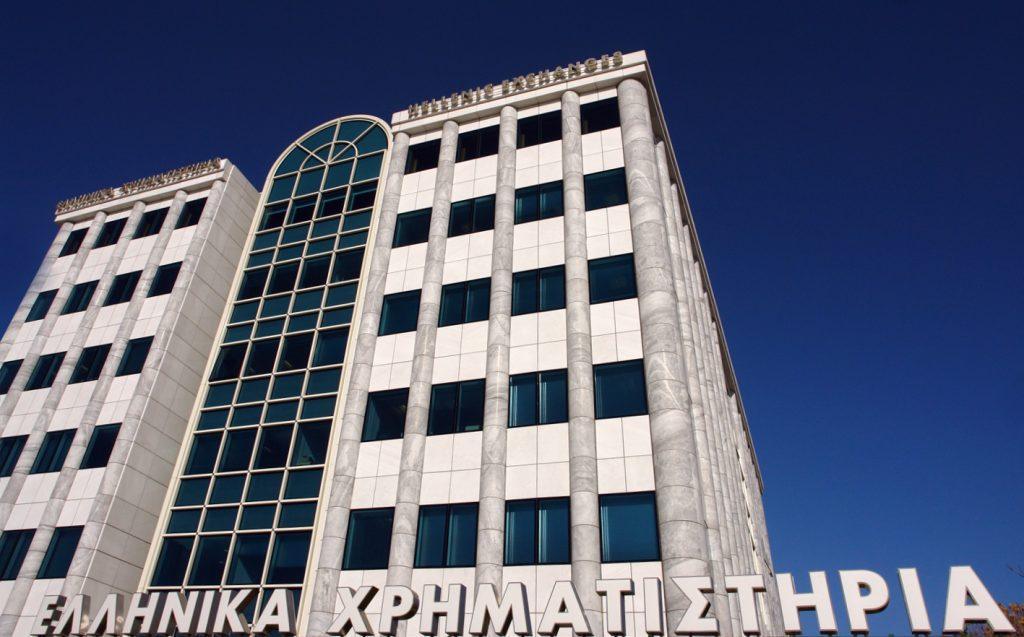Former tobacco growers of the prefectures of Rodopi and Xanthi are changing page, with the aim of staying on their farms and the primary sector, using as their “vehicle” the first ever Greek Cooperative of Stevia Producers of Thrace. The new Cooperative is based in the municipality of Arrianoi and comprises of 24 members, aged from 22 to 50 years. Today, 15 hectares are cultivated with stevia in Rhodopi and Xanthi, while another 2 hectares will bear their first certified organic production in 2023.
Speaking to state news agency APE-MPE, the managing director of the cooperative Tarkan Multaza, deputy regional governor for infrastructure of Eastern Macedonia-Thrace, states the above, noting that the cultivation of stevia is comparable to that of tobacco, but much more relaxing, does not require investment in new mechanical equipment, yields more per hectare and ensures up to three times the income for farmers.
He also emphasized that the absorption of the production is “guaranteed” under the terms of contract farming with Stevia Hellas and in this context he states that he is “relieved” that the company Papastratos and the Stevia Hellas Agricultural Cooperative have joined forces through the regenerative cultivation program “New Earth”, to switch from tobacco to stevia. “They gave us a way out, job security and a bright future so we can stay on the farm,” he said.
Intense interest in the cultivation of stevia
Estimating that the members of the cooperative will gradually increase in the coming years, Mr. Multaza emphasizes that it is “the psychology of the public and the tangible evidence of the success of the cultivation, which will attract a large number of producers to our cooperative. The interest is already strong and I believe that with the looming abandonment of tobacco cultivation, stevia in Thrace will “bloom”.”
As a former tobacco farmer himself, Mr. Multaza reports that while a decade ago tobacco farmers in Thrace entailed 7,000 families, today they do not exceed 3,000 and “I estimate that their number will decrease even more in the near future, since prices remain stagnant in the last ten years at 4-5 euros/kg, when at the same time the production costs are already double, at 4.50 euros/kg, not including labor costs”.
The yield of the stevia crop is 3000 kg per hectare, according to him, with the producer price being 2.90 to 3 euros/kg plus VAT, the production cost being less than 50% compared to tobacco and that of the installation to be 3000 euros/hectare.
“With a production of 3000 kg per hectare and a price of 2.90-3 euros (plus VAT), the yield is almost 9000 euros per hectare. Tobacco, in the best of cases, gives 600 kg per hectare, which at 4 euros/kg, gives 600 euros”, points out Mr. Multaza and notes that “we may have grown with tobacco, but it is now evident that it is decreasing throughout Europe and worldwide”.
The cultivation of stevia is in line with EU and Greek requirements for respect for the environment, sustainable development and the promotion of cooperation and innovation, and it is Mr. Multaza’s belief that with the provision of incentives by the Greek state, stevia and its cultivation can boost growth potential both locally and nationally, since it is already drawing the interest of very large food production companies from around the world.
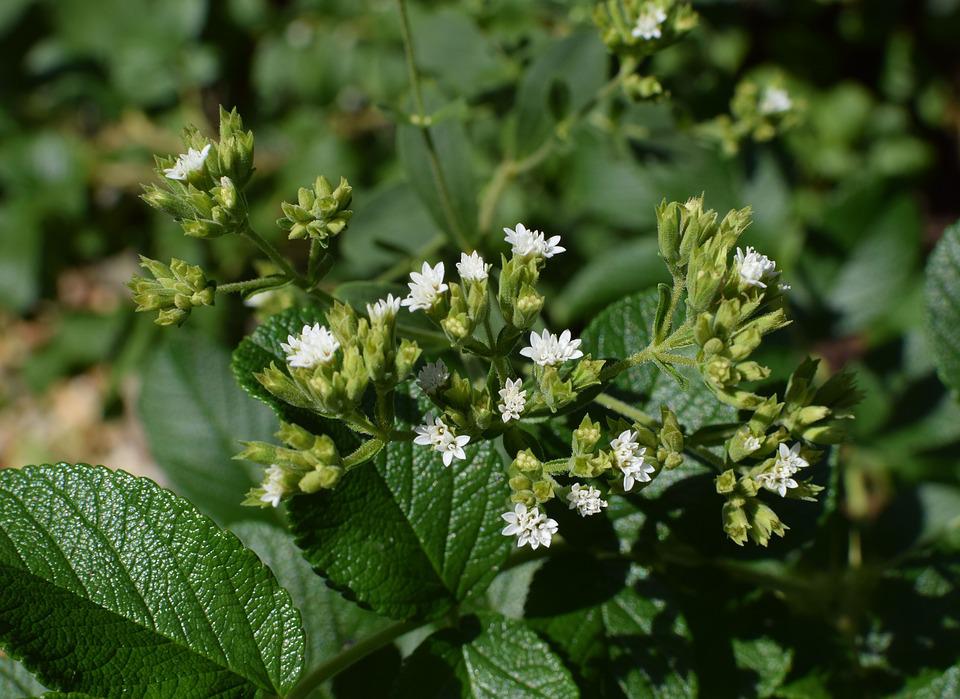


![Ψηφιακά στοιχεία διακίνησης αποθεμάτων [19ο Μέρος]](https://www.ot.gr/wp-content/uploads/2025/09/tax-468440_1280.jpg)







